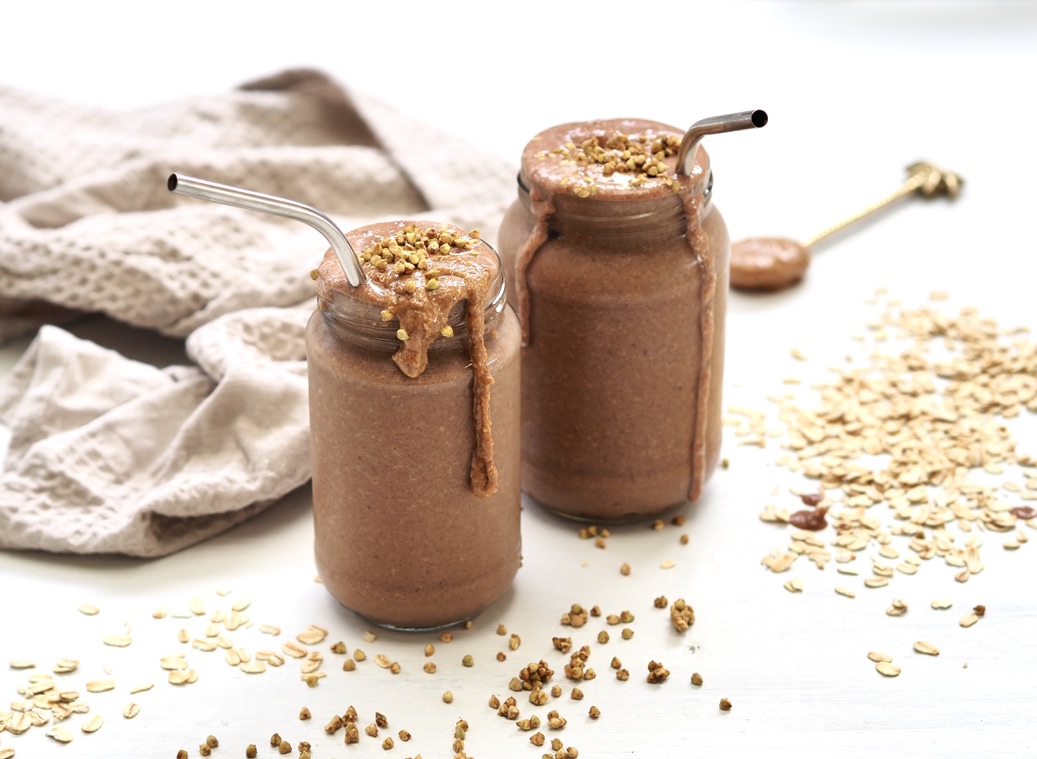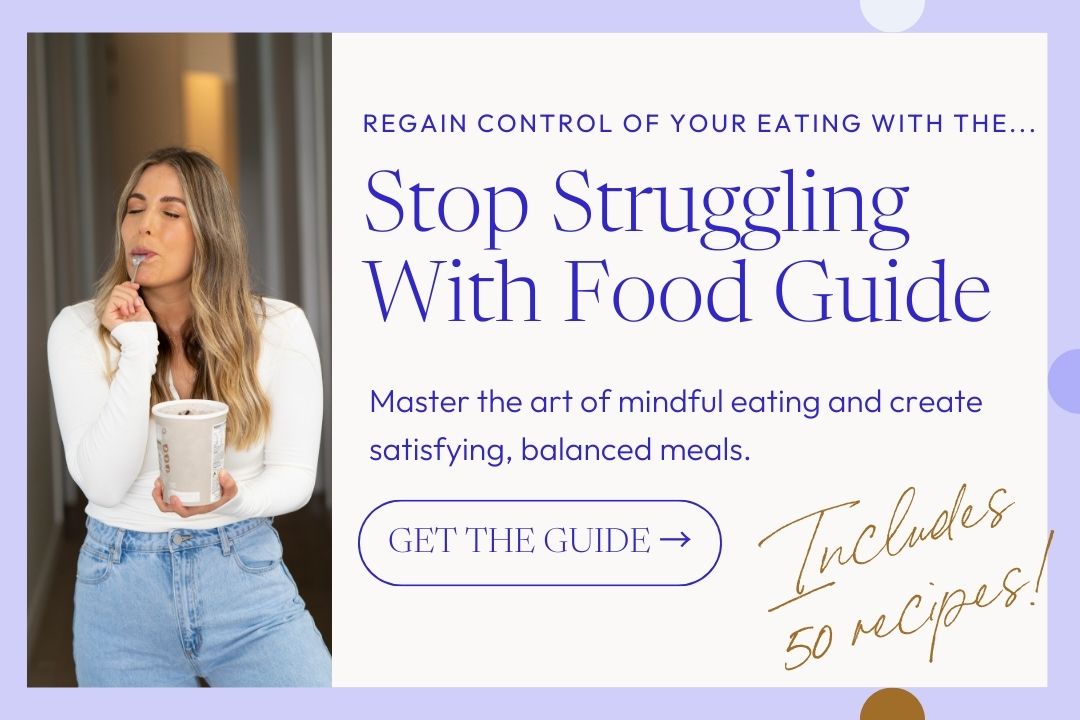Plant-based dairy alternatives are getting more and more popular. But are these actually healthier for you, or are we just hopping on the latest trend?
Plant-based milk, cheese and yoghurt can be a tasty alternative to dairy for those who are intolerant or allergic to dairy. But that’s not always the reason people are going for non-dairy options. And if you’re paying extra $$ simply because you think almond milk or oat milk is the healthier option, you might want to reconsider this…
What’s so great about dairy anyway?
Lots of Aussies, 73% of women and 51% of men over the age of 2, aren’t getting enough calcium from their food. That’s a big deal. Not getting enough calcium increases the risk of osteoporosis, especially later in life.
Dairy, in the form of milk, yoghurt and cheese is the go-to for calcium, which keeps your bones strong. It’s actually the best source of calcium out there. Plus, it’s packed with other good stuff like Vitamin A, D, E, and K. As well as magnesium, phosphorus, potassium, zinc, and selenium.
Dairy is also a protein powerhouse, which is important for your muscles. Repairing tissue, and keeping you feeling full. Most plant-based milk doesn’t have as much protein as cow’s milk. So that’s another thing to consider if you’re making the switch.
And if you’re adding milk to your coffee, remember that caffeine can mess with calcium absorption, so don’t have your calcium too close to your coffee. So don’t include your milky coffee as a calcium source.

Don’t forget about probiotics
Yoghurt and kefir also naturally contain a source of probiotics, which is great news for our gut microbiome. Especially, if you’re eating a whole lot of fibre with it.
So, if you’re cutting out dairy and not having yoghurt, be sure to have probiotics in other sources. Most coconut yoghurts have added probiotics. But they are also high in saturated fats. And it’s the type of fat we want to steer clear of. Which brings me to the next point…
The ’90s low-fat craze might not have been as helpful as we thought
Normally, we’re told that saturated fats aren’t great for us. But dairy’s a bit different.
Research shows that the saturated fat in dairy might not affect us the same way as fats from other sources. Scientists are still figuring out why. But they think it might have to do with something called “the food matrix”.
The food matrix is basically the idea that when you eat a whole food, like yoghurt, all the different nutrients interact in a way that might change how your body processes them. So even if you look at the nutrition label and see things that seem not so good, they might not be as bad for you in the context of the whole food.
Long story short, there isn’t enough evidence to say that dairy is bad for your heart. In fact, the research currently suggests that moderate intake of dairy foods is neutral for heart health, but beneficial for bone health (so a net positive). So don’t stress too much about the fat in dairy – it’s all about the bigger picture.
Should you have low-fat, skim, or full-fat (whole) dairy?
And here’s the thing: skim or low-fat milk does not have added sugar. When more fat is taken out, the sugar ratios change. So, you naturally end up with a bit more sugar.
Choose the type that suits you best. Full fat options may help you feel fuller for longer but low fat do contain less energy, handy if you want to eat more of them. Personally, I like reduced fat because it gives me the best of both worlds… and full cream can make me feel a bit sick. As I said, listen to YOUR body.

Isn’t plant-based better for the environment?
More people are trying to be eco-friendly, which is great. And there’s a lot of talk about how cows produce methane and how it affects the environment.
Sure, dairy does put a strain on the environment. But let’s not forget about almonds. They need tons of water to grow, and we only use part of the almond, throwing the rest away. So adding more water to make almond milk might not be all that environmentally friendly. Oats on the other hand, need less water to grow. So they might be a better choice for the environment.
Some people also avoid dairy for animal welfare reasons, which makes sense. Cutting back on meat is another way to help out.
Let’s de-fluff
Are eggs bad for you? No, but don’t have a million of them. Is dairy bad for you? No, just don’t only eat dairy. Get the full mix and balance of foods from all food groups. Dairy products tick a lot of different nutritional boxes. So, anytime you’re stepping away from it, you need to be ticking the boxes yourself.
Bottom line? It’s all about what works best for you. So forget the dairy shaming. Go ahead and enjoy your dairy. Whether it’s full-fat, low-fat, or somewhere in between. And if you’re intolerant or allergic to dairy, choose a plant-based alternative that can tick at least some of the nutritional boxes.